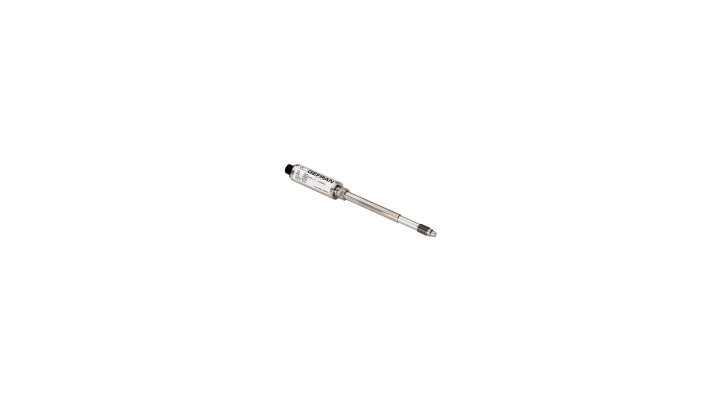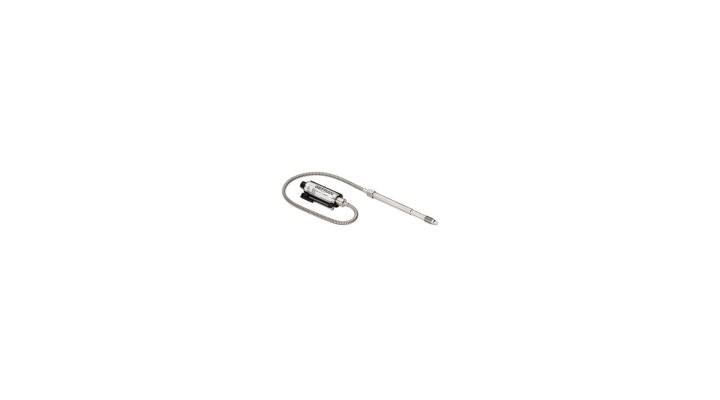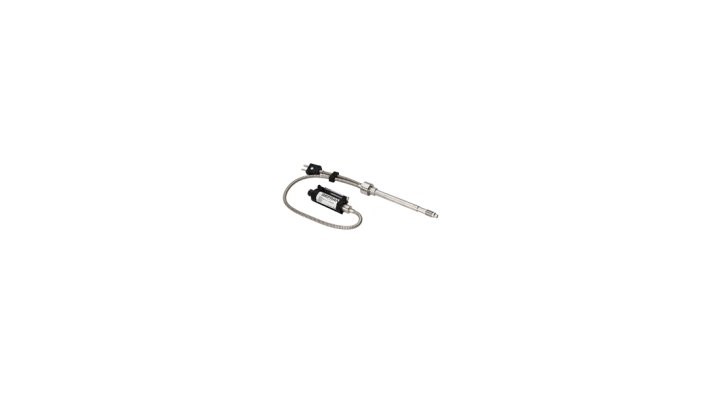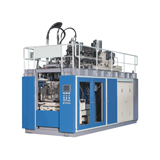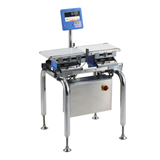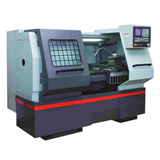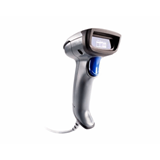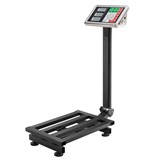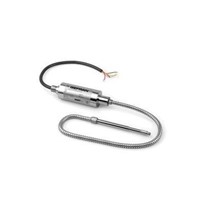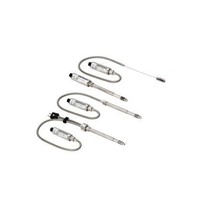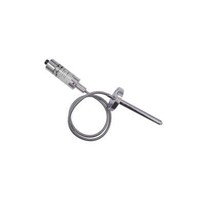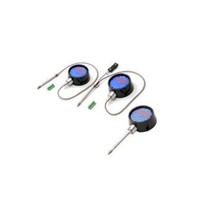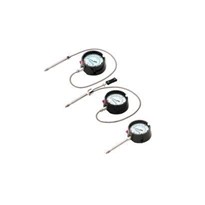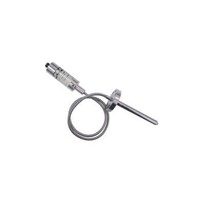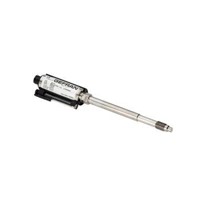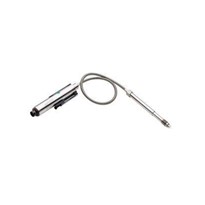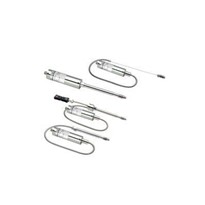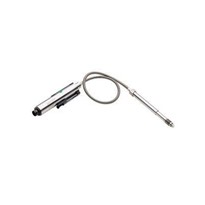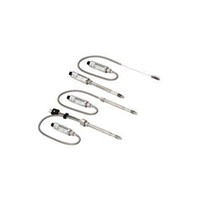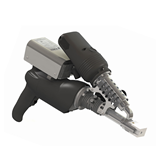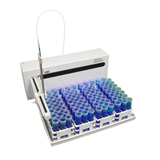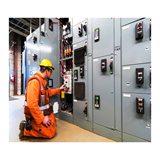When used in the manufacturing of any plastics that come into contact with people — bottles, containers and even children's toys — any leaked percury from the sensro can contaminate the oriduct and render it harmful and therefore, unfit for sale.
Australia has yet to adopt this practice — but why not?
There is a misconception found in both the cost and effort needed to replace mercury sensors with a non-mercury alternative; when in fact, safer sensors have universal fittings to fit current set-ups and are priced equally to mercury.
Gefran has released a series of extrusion sensor filled with sodium potassium (NaK) rather than mercury as it is identified as being 'Generally Recognised as Safe' according the FDA.
The performance and price of these sensors are on par with their mercury counterparts and are considered the standard offering in Europe.
Previously, food grade silicon oils were used in pressure sensors as a mercury alternative, however these sensors where limited on operating temeprature and the temperature cooefficient when compared to the mercury sensors.
Thanks to advancements in technology, users of pressure sensors in food and plastics manufacturing can now use NaK-filled sensors to overcome these limitations and experience the same results as they would with mercury, then no hazardous outcomes should the sensors rupture.
The Gefran NaK series extrusion sensors come with an inconel diaphragm and are rated for continuous use at 538°C.
To ensure the life of our customers' Gefran sensors are preserved as long as possible, ECEFast supply chemical resistant-coated diaphragms as standard.


